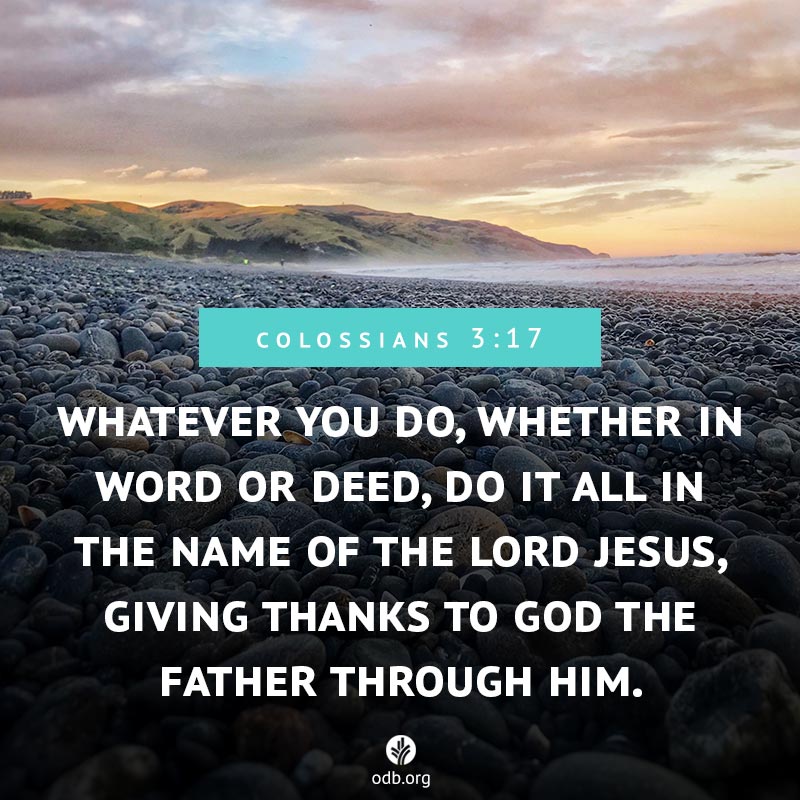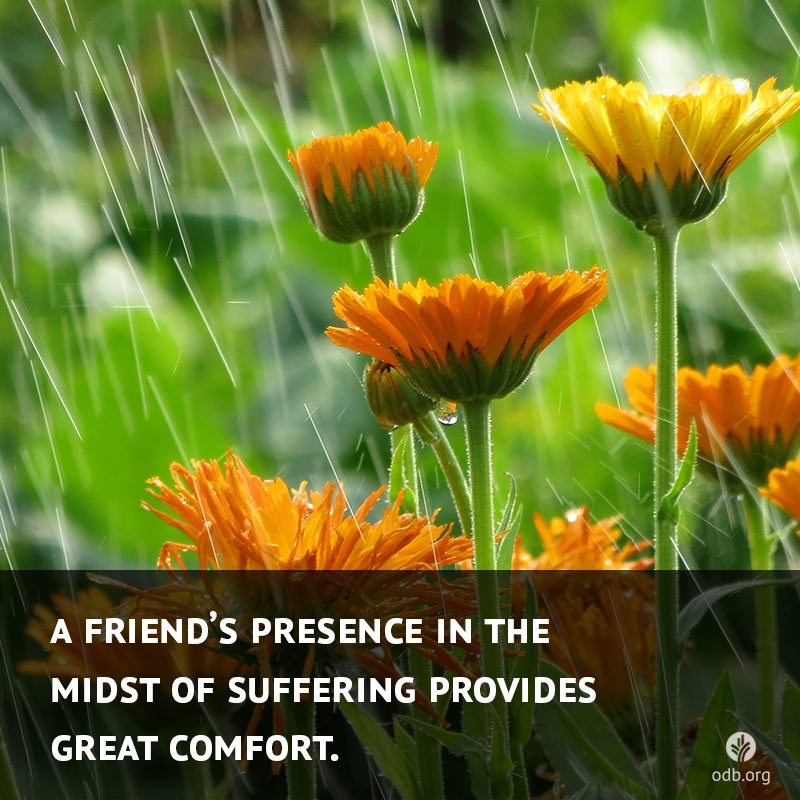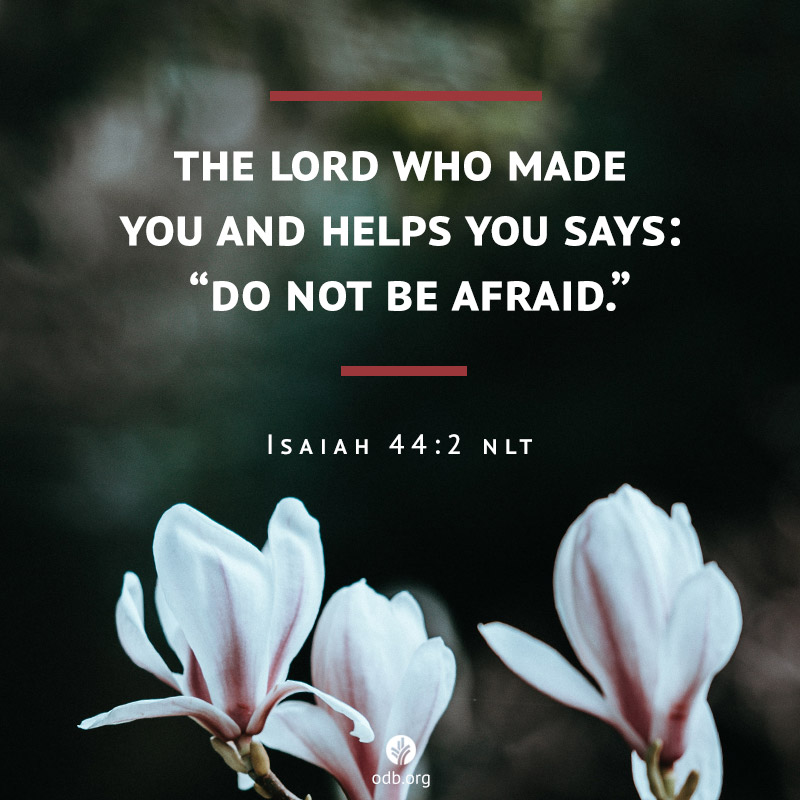
Saying Grace
For many years, I’ve enjoyed the writings of British author G. K. Chesterton. His humor and insight often cause me to chuckle and then pause for more serious contemplation. For example, he wrote, “You say grace before meals. All right. But I say grace before the play and the opera, and grace before the concert and pantomime, and grace before I open a book, and grace before sketching, painting, swimming, fencing, boxing, walking, playing, dancing; and grace before I dip the pen in the ink.”
It’s good for us to thank the Lord before every meal, but it shouldn’t stop there. The apostle Paul saw every activity, every endeavor as something for which we should thank God and that we should do for His glory. “And whatever you do, whether in word or deed, do it all in the name of the Lord Jesus, giving thanks to God the Father through him” (Col. 3:17). Recreation, occupation, and education are all avenues through which we can honor the Lord and express our gratefulness to Him.
Paul also encouraged the believers in Colossae to “let the peace of Christ rule in your hearts, since as members of one body you were called to peace. And be thankful” (v. 15).
The best place to “say grace” is anywhere and anytime we want to give thanks to the Lord and honor Him.

A Friend’s Comfort
I read about a mom who was surprised to see her daughter muddy from the waist down when she walked in the door after school. Her daughter explained that a friend had slipped and fallen into a mud puddle. While another classmate ran to get help, the little girl felt sorry for her friend sitting by herself and holding her hurt leg. So, the daughter went over and sat in the mud puddle with her friend until a teacher arrived.
When Job experienced the devastating loss of his children and became afflicted with painful sores on his entire body, his suffering was overwhelming. The Bible tells us that three of his friends wanted to comfort him. When they found Job, “they began to weep aloud, and they tore their robes and sprinkled dust on their heads. Then they sat on the ground with him for seven days and seven nights. No one said a word to him, because they saw how great his suffering was” (Job 2:12–13)
Job’s friends initially showed remarkable understanding. They sensed that Job simply needed someone to sit and mourn with him. The three men will begin to speak in the next few chapters. The irony is that when the friends do begin to speak, they end up giving Job poor advice (16:1–4).
Often the best thing we can do when comforting a hurting friend is being willing to sit with them in their suffering.

Belonging
I’d been out late the night before, just as I was every Saturday night. Just twenty years old, I was running from God as fast as I could. But suddenly, strangely, I felt compelled to attend the church my dad pastored. I put on my faded jeans, well-worn T-shirt, and unlaced high-tops and drove across town.
I don’t recall the sermon Dad preached that day, but I can’t forget how delighted he was to see me. With his arm over my shoulder, he introduced me to everyone he saw. “This is my son!” he proudly declared. His joy became a picture of God’s love that has stuck with me all these decades.
The imagery of God as loving Father occurs throughout the Bible. In Isaiah 44, the prophet interrupts a series of warnings to proclaim God’s message of family love. “Dear Israel, my chosen one,” he said. “I will pour out my Spirit on your descendants, and my blessing on your children” (vv. 2–3
Wayward Israel belonged to God, just as I belonged to my adoptive father. Nothing I could do would ever make him lose his love for me. He gave me a glimpse of our heavenly Father’s love for us.

Fellowship with Jesus
I’ll never forget the time I had the privilege of sitting next to Billy Graham at a dinner. I was honored but also somewhat nervous about what would be appropriate to say. I thought it would be an interesting conversation starter to ask what he loved most about his years of ministry. Then I awkwardly started to suggest possible answers. Was it knowing presidents, kings, and queens? Or preaching the gospel to millions of people around the world?
Before I had finished offering suggestions, Rev. Graham stopped me. Without hesitation he said, “It has been my fellowship with Jesus. To sense His presence, to glean His wisdom, to have Him guide and direct me—that has been my greatest joy.” I was instantly convicted and challenged. Convicted because I’m not sure that his answer would have been my answer, and challenged because I wanted it to be.
That’s what Paul had in mind when he counted his greatest achievements to be of no worth compared to the “surpassing worth of knowing Christ Jesus my Lord” (Phil. 3:8). Think of how rich life would be if Jesus and our fellowship with Him was our highest pursuit.

